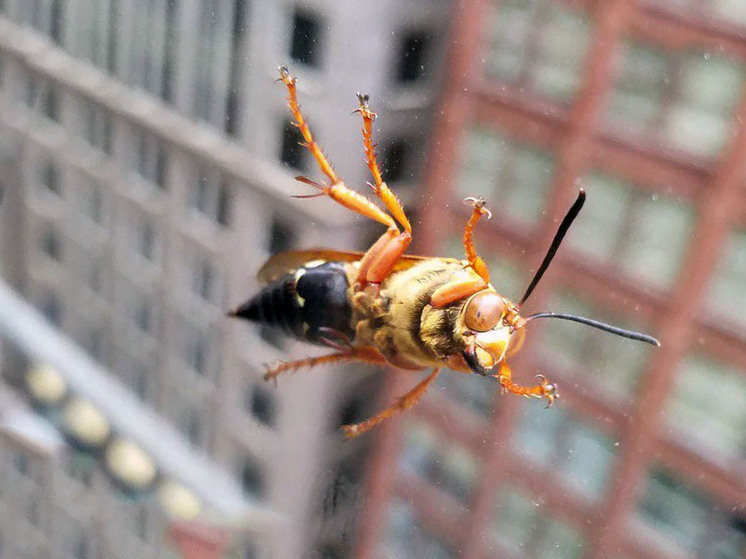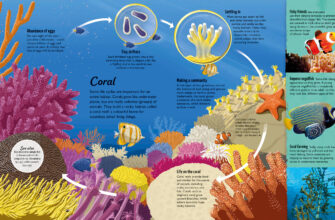
Understanding the signs and steps for insect sting emergencies can be life-saving.
As the warmth of late summer and early autumn beckons us outdoors, inviting garden parties and nature trails, it also brings a less welcome, albeit buzzing, entourage: insects. While most encounters with these tiny creatures result in nothing more than a fleeting itch or mild discomfort, for a critical subset of the population, a single sting can trigger a rapid, life-threatening allergic reaction known as anaphylactic shock. It`s a sobering reminder that nature`s beauty sometimes harbors hidden dangers, and preparedness can be the difference between a minor incident and a medical emergency.
The Invisible Foe: Understanding Anaphylaxis
Imagine a scenario: a picnic, a sweet fruit attracting a wasp, a sudden, sharp pain. For many, this is the extent of the drama. But for others, it`s merely the visible tip of a much larger, insidious iceberg. Anaphylactic shock is not a random event; it is often preceded by a process called sensitization. This means the body has previously encountered an allergen (like insect venom) and has developed a heightened, often silent, sensitivity to it. The next exposure can unleash a systemic immune response that rapidly overwhelms the body.
The core danger of anaphylaxis lies in its immediate and profound impact on the circulatory system. As the body`s defenses go into overdrive, blood vessels dilate dramatically, causing a precipitous drop in blood pressure. This leads to a cascade of critical symptoms, including dizziness, confusion, difficulty breathing, and ultimately, loss of consciousness. Without swift and decisive medical intervention, this acute state can, tragically, be fatal. The cruel irony? Many individuals are entirely unaware of their sensitization until they experience such a severe reaction.
The Golden Minute: When Every Second Counts
Given the rapid onset and severity of anaphylaxis, immediate action is paramount. For those who are aware of their allergy, preparedness is not optional; it’s a vital shield. Medical experts universally advise:
- Consult an Allergist: Prior to any potential exposure, a consultation with an allergist is crucial. They can provide a personalized action plan and prescribe necessary medications.
- Carry an Epinephrine Auto-Injector: Commonly known by brand names like EpiPen, this device delivers a pre-measured dose of epinephrine (adrenaline) – the frontline treatment for anaphylaxis. It can quickly counteract the severe symptoms by constricting blood vessels and opening airways. Learning how to use it, and ensuring companions are also trained, is a non-negotiable step.
- Preventive Measures: While not foolproof, simple precautions can reduce risk. Wear closed clothing, avoid strong perfumes or scented lotions that attract insects, and use insect repellents diligently when outdoors.
- Post-Injection Protocol: Even after administering epinephrine, immediate transfer to an emergency medical facility for observation is essential. The effects of the initial dose may wear off, or a biphasic reaction (a second reaction) can occur.
For the Unsuspecting: Managing Typical Reactions
What if you or someone nearby experiences an insect sting, but there`s no known severe allergy? For typical, localized reactions (swelling, redness, itching, pain at the sting site), general first aid measures are usually sufficient:
- Antihistamines and Antiseptics: Over-the-counter antihistamines can help manage itching and swelling, while antiseptics prevent infection.
- Apply Cold, Not Heat: A common misconception is to apply heat to a sting. In reality, heat dilates blood vessels, which can worsen swelling. Instead, apply a cold compress or ice pack to the affected area to reduce inflammation.
- Elevate the Limb: If the sting is on an arm or leg, elevating the affected limb can help reduce swelling.
- When to Call for Help: Vigilance is key. If the swelling rapidly spreads beyond the sting site, especially to the face, neck, or throat (indicating potential airway compromise), or if the individual experiences widespread hives, difficulty breathing, or dizziness, do not hesitate. Call emergency services immediately.
Beyond Bees and Wasps: A Rogues` Gallery of Stinging Insects
While wasps and bees are often the most notorious culprits for anaphylactic reactions due to their potent venom, other insects also warrant attention. Mosquito bites, though universally irritating, typically result in localized itchy red bumps. However, the bites of certain gnats or midges can induce surprisingly extensive swelling and discomfort, often prompting visits to a physician for symptom management. Yet, it`s the bee and wasp stings that remain the primary concern for the swift and severe onset of anaphylaxis, making awareness around these particular species critical.
The Modern Lifeline: Telemedicine`s Growing Role
In an increasingly connected world, even minor insect bite reactions benefit from modern technology. The rise of telemedicine has significantly improved accessibility to medical advice. Individuals experiencing typical, less severe reactions can now connect with healthcare professionals via official applications or dedicated channels, receiving immediate guidance without needing to physically visit a clinic. This practical accessibility ensures that concerns are addressed promptly, potentially preventing minor irritations from escalating due to misinformation or delay.
Stay Prepared, Stay Safe
The natural world offers endless beauty and adventure, but it also demands respect and preparedness. Understanding the risks associated with insect stings, particularly the grave danger of anaphylactic shock, is crucial for personal safety. Whether you`re a known allergy sufferer or merely an outdoor enthusiast, a little knowledge and preparation can ensure that your encounters with nature`s buzzing inhabitants remain peaceful, and certainly not life-threatening. After all, enjoying the great outdoors shouldn`t come with a side of medical emergency.








